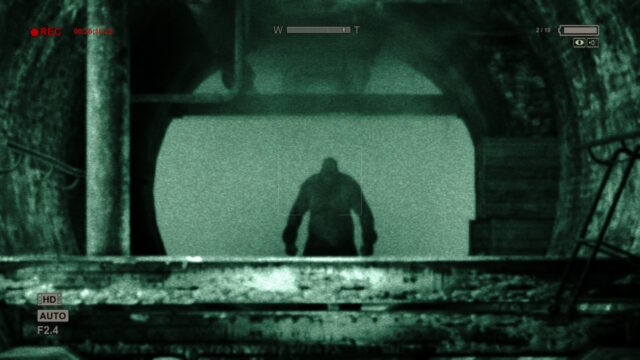Sherlock Holmes: Crimes & Punishments Review
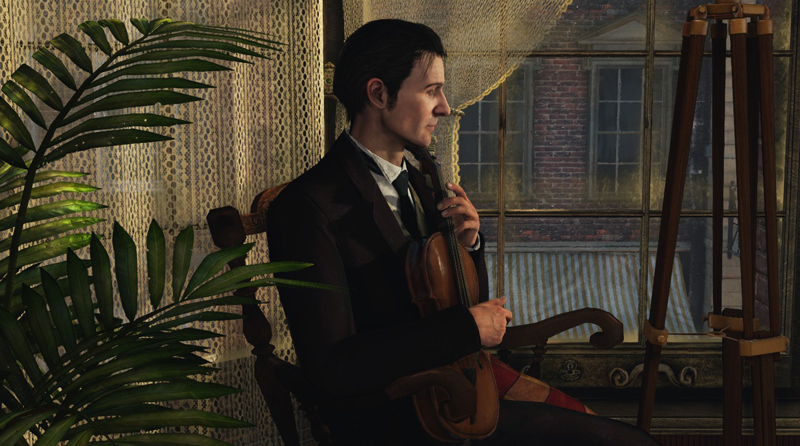
The series of interactive adventures of Sherlock Holmes is truly an example to follow. Who would have thought that from a rather unimpressive game, even by the standards of 2002, a grand series would emerge, with a main branch consisting of eight projects? Despite not-so-promising ratings, the brave Frogwares tirelessly worked, expanding resources, covering more platforms, and improving the established concept. The first attempt to reach the top league, The Testament of Sherlock Holmes, was not taken seriously by everyone. Now it’s time for attempt number two.
“Well, finally!” – involuntarily exclaims the happy fans. The reason for their joyful outcry is not only the release of the game but also its long-awaited technological leap. The previous installment already provided reasons to click on bright screenshots, but sooner or later the beautiful covers themselves would fade, revealing familiar models from three years ago, blurred by filters. This time – no catch. The creators have transferred the world of the great detective to the honest Unreal Engine 3, working with it brilliantly.
For the appearance of quests and adventures, there are special indulgences that you immediately forget about, because Sherlock outshines many contemporaries from other genres. Large plans are now used universally thanks to the excellent character detailing, and the lighting effects set the perfect mood for what is happening. The only letdown is the animation, especially facial animation: it has definitely improved, but still does not reach the standards and strongly contrasts with the overall picture. It is unpleasant to watch unnatural convulsions and silly movements of high-polygon lips, although you get used to it over time.
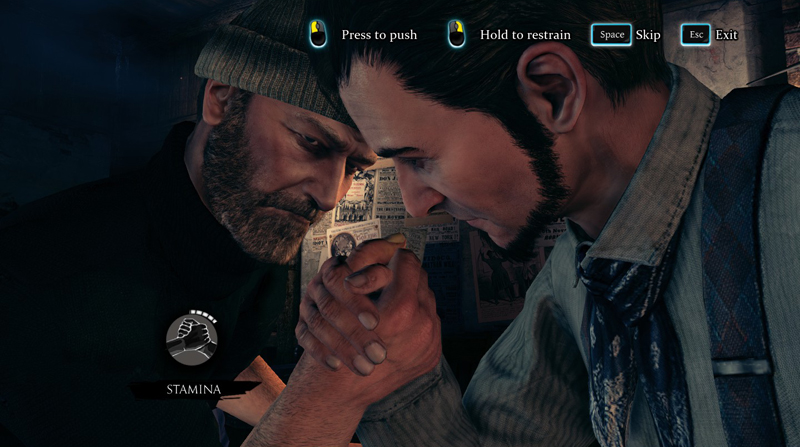
Not having time to work up an appetite at the introductory locations, the player is already forced to move on to the investigation. The structure of it is not much different from that of its predecessors: you still have to wander around the surroundings in search of clues, solving various puzzles, questioning NPCs, and comparing facts in deduction mode. However, there are plenty of changes.
During the search of the crime scene, it is discovered that Holmes now has so-called “talents” – special vision and, um, “Imagination”. In practice, the first one highlights special clues supposedly missed by others, and the second one is used to reconstruct events and their chronology, repeatedly replaying the same scene in real time. The ideas are not entirely new, but within the series, they look fresh and diversify the process.
Puzzles, of which there are even more variations, will not let you get bored. Chemical experiments, making ritual knives, comparing maps, and finding combinations for safes – the only thing that is repeated throughout the game is lock picking. However, even that becomes more complex each time in favor of variability.
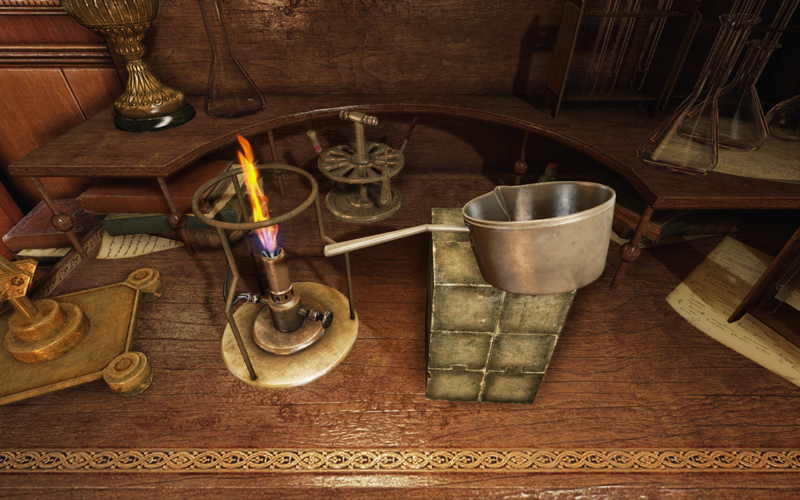
The experiment is in full swing: we are forging a ritual dagger according to the recipes of our ancestors.
The mechanics of dialogues have several nuances. Before talking to an interlocutor, you can – or even should – carefully examine them. Technologies come to the rescue: the camera zooms in on the NPC, and the observant player needs to highlight the key features in their appearance. Once the person’s portrait is composed, it’s time to move on to questioning. Do the testimonies contradict the existing evidence? Boldly press the highlighted key and point out the inconsistency. If successful, the case gains a couple of new details.
At this point, you inevitably turn to the deduction mode. In a stylish window, connections are established between accumulated facts, based on which conclusions are drawn, not always unambiguously correct, but important for advancing the plot. This same mode offers to apprehend the identified criminal and conclude the case when there is enough evidence to form a coherent picture. That is, approximately an hour after the introductory video.
“What the hell?” – hangs in the air as a silent question.
And the whole thing is that the developers abandoned a cohesive story and preferred to divide the game into six separate investigations. Moreover, during each of them, Sherlock, under your keen guidance, can easily lose track and accuse an innocent person of the crime, while any scoundrel can be either convicted or acquitted. Non-linearity was completely alien to the series until this point, but now it’s a real celebration with a whole bunch of branching paths and endings. Of course, there won’t be far-reaching consequences for your decisions – but who would refuse at least such freedom?
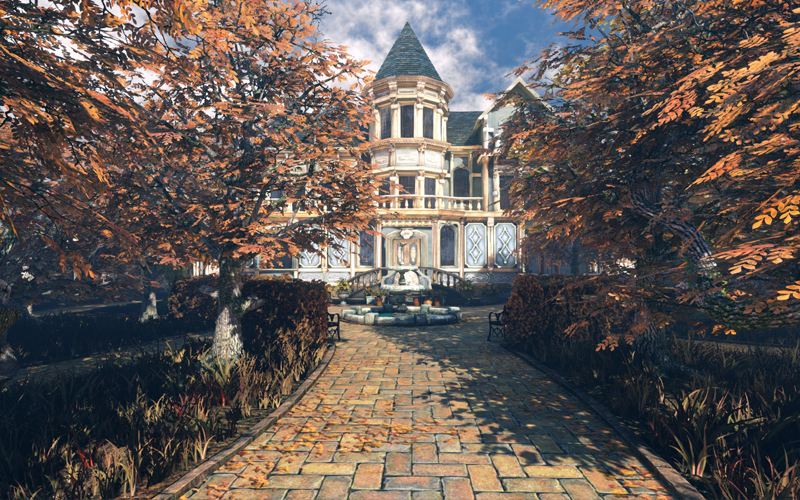
No matter how colorful it may be, it didn’t go without a fly in the ointment. The main problem with Crimes & Punishments is excessive ease. Previously, to solve the next mystery, you had to literally struggle through incomprehensible puzzles without any support, dig through a pile of notes, and find the application for the items stored in your pockets on your own.
Now, the player takes on the role of a foolish fool who constantly needs help. The game kindly suggests where to use talents and items (goodbye, inventory!), automatically remembers important information, shows the number of important traits of characters, and so on. Even the deduction window occasionally shows a semi-transparent silhouette of the correct chain of conclusions so that we don’t strain ourselves. Noticing the invisible hand leading you through all the difficulties of the famous detective’s life is very frustrating, despite the illusory sense of triumph.
One thing the new part of the series cannot boast of is a proper ending. The structure of the plot implies quite logical endings of investigations but completely overlooks the conclusion of the whole game. As a result, we are left with a crumpled epilogue of very general content that doesn’t make any impression. With the same success, the player could have simply been thrown back to the main menu, thanking them for their attention.
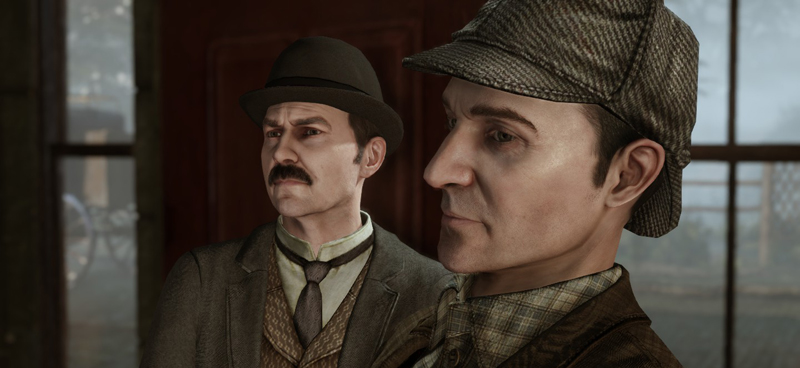
If you look closely, you can notice a dusty pile of unused gameplay elements. Dr. Watson, for example, only comes under our control once, after which he again takes his place as a useless companion; Holmes’ wardrobe contains an impressive number of clothing items, of which only two or three are used; the character portrait is not always used appropriately and is often created solely for the sake of a corresponding achievement. In general, these are annoying details that you only realize after careful analysis during the final credits.
But all possible shortcomings are compensated by impressive merits. Crimes & Punishments is as close as possible to what you can expect from a game about Sherlock Holmes: it is beautiful, interesting, diverse, and interesting again. The series has definitely set the right course, which, if not ensured, will definitely secure its rightful place in the history of the genre.
Share
Discuss
More Reviews




